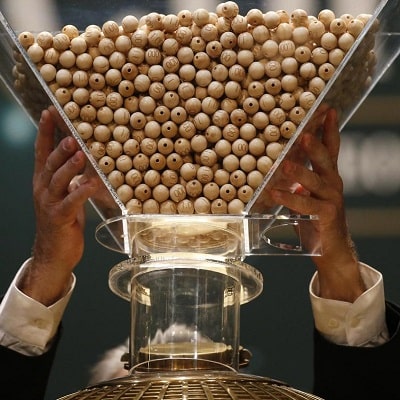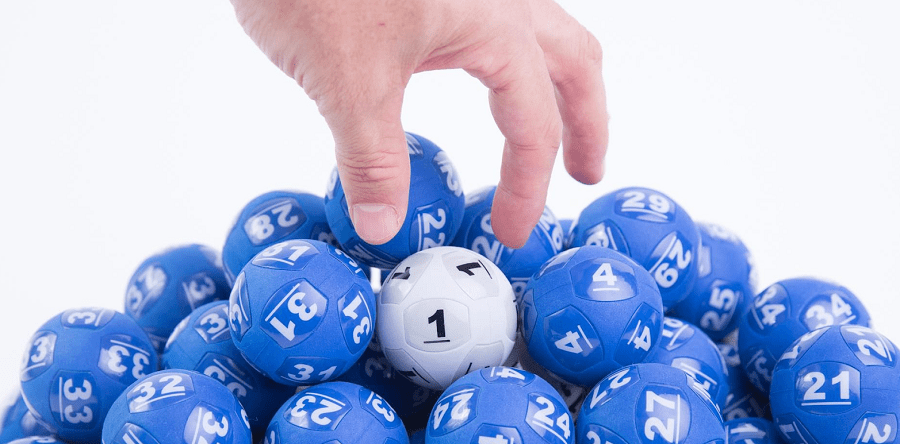
The history of the lottery in the world
The origins of the lottery can be traced back to the beginning of human civilisation. Ancient Greek mythology tells of a kind of raffle among warriors who took turns pulling pebbles from a golden helmet. The winner gained the right to a prestigious battle with Zeus.
The origins of Keno in China and ancient Rome date back to around 100 to 200 BC. The Chinese used the proceeds for defence and the construction of the Great Wall of China. The Romans were able to repair many bridges, roads and public buildings. On the orders of Julius Caesar, free lotteries were held on feast days, with cash prizes for the poor.
The lottery in medieval Europe
Lotteries spread throughout Europe as early as the fifteenth century. A charity lottery was held in Belgium on the day of commemoration of Jan Van Eyck, a painter from Florence. The proceeds subsequently went towards the construction of chapels, almshouses, ports and waterways.
Queen Elizabeth held a raffle in the 16th century for gold bullion, money and tapestries. The proceeds were earmarked for public use. The regular holding of the state lottery ensured the construction of important architecture.

American lottery
Organising lotteries in the United States began with the advent of the British colonies. Several years of collecting the proceeds enabled the first English town, Jamestown, to be built. Over 250 years of the lottery’s existence, ticket sales were used to fund construction, the army, and cultural and social programs.
During the seventeenth and eighteenth century conflicts between the English and French in North America, Benjamin Franklin used lottery money to buy armaments and build fortifications.
George Washington ran raffles to pave a road through the Alleghany Mountains to the Hot Springs resort.
The biggest raffle enthusiast among American presidents was Thomas Jefferson. By the nineteenth century, raffle profits had become an important part of non-government funding. However, the spread of private lotteries led to an all-out cheating and fraud. It ended with a blanket ban on printing and selling lottery tickets.
